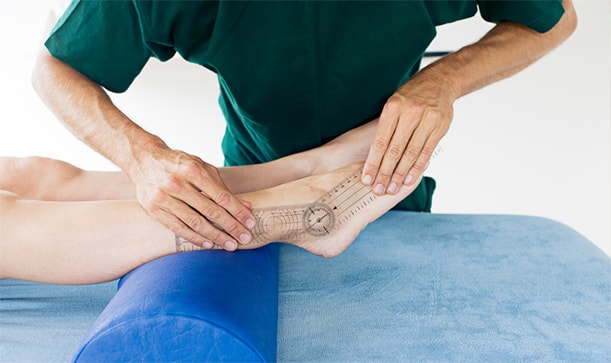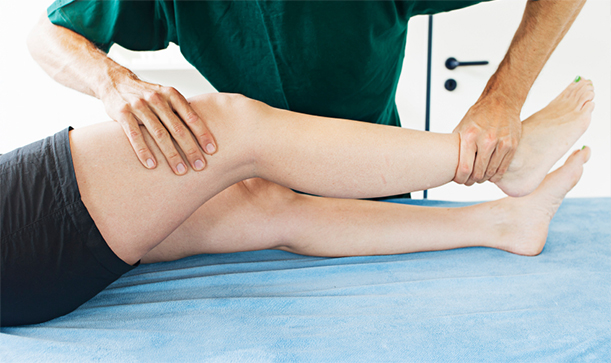CK Physiotherapy
AREAS COVERED
W7, W5, W13, Ealing, West London
57 Elthorne Avenue
Hanwell, W7 2JY
T: 020 8566 4113
M: 079 572 46185
E: info@ckphysio.co.uk
Location / Parking
We are situated in Hanwell, between Boston Manor Road and Northfields Avenue, south of the Uxbridge Road.57 Elthorne Avenue
Hanwell, W7 2JY
There are parking restrictions Mon - Fri 9-10am and 2-3pm. If you need a permit during this time please inform your therapist when you arrive. There are no parking restrictions at other times.
Opening Times
Please phone the number above during working hours to make an appointment. Our reception service will be happy to book your session.
London Underground / Bus Services
London Underground
10 min. walk from Boston Manor Tube Station.
15 min. walk from Northfields Tube Station.
Bus Service
E8, E3, E2, 207, 607, 83
Request Call Back
Our Blog
London Physiotherapy Experts Can Help With Whiplash Injuries Symptoms
By: BryanKelly (Psst, View author in Google Plus) Date: May 14th, 2015Have you recently been involved in a serious traffic accident, or had suffered a sudden blow to your head whilst playing rugby, then found yourself having difficulty moving your neck afterwards? You might have had whiplash, an injury caused by any sudden movement of your head forwards, backwards, or sideways.

Due to the sudden or vigorous movement of the head, the tendons and ligaments, those tough fibrous bands connecting the muscles to the bone and linking two bones, become damaged. Sometimes, whiplash could get better on its own, whilst for some the pain could last for at least six months. Whatever the case may be, going to London physiotherapy experts can help you alleviate the neck pain you’re suffering from as an offshoot of whiplash.
Symptoms of Whiplash
For most cases, patients wouldn’t realise that they are suffering from this kind of injury until hours, or even days, after the injury has occurred. When the symptoms begin to develop, it may cause pain or stiffness in the neck and tenderness on the muscles. Moving it may also prove to be painful, and sometimes, can even cause headaches.
These symptoms are bad enough once they begin, but could get even worse after several days. Whilst the pain could go away on its own after a period of time, some might experience long-term or chronic whiplash, with a tingling sensation in the arms and hands adding to the ever-growing list of discomforts. People suffering from whiplash, more particularly from the chronic type, might find themselves also undergoing stress-related illnesses like depression, anxiety, and, for more extreme cases, even memory loss.
Diagnosing and Treating Whiplash
Typically, you won’t be subjected to several tests or scans; the description of your pain can be enough to diagnose whiplash. The doctor will also examine your neck and look out for signs of muscle spasms and tenderness. At times, however, X-rays or MRIs might be necessary if your doctor suspects a fracture or other problems.
For most cases, whiplash can be easily treated by wearing neck braces or collars. These apparatuses should help keep the neck stable, and assist in improving mobility, until it is completely recovered.
It also helps to seek help from a London physio clinic, like CK Physio, especially if the symptoms last for more than a week. Physiotherapy can help restore your neck’s range of movement through a series of physical techniques, and some neck exercises you can easily do at home.
Sources
Whiplash, NHS
Whiplash injuries: Separating the facts from the fiction, Mirror





